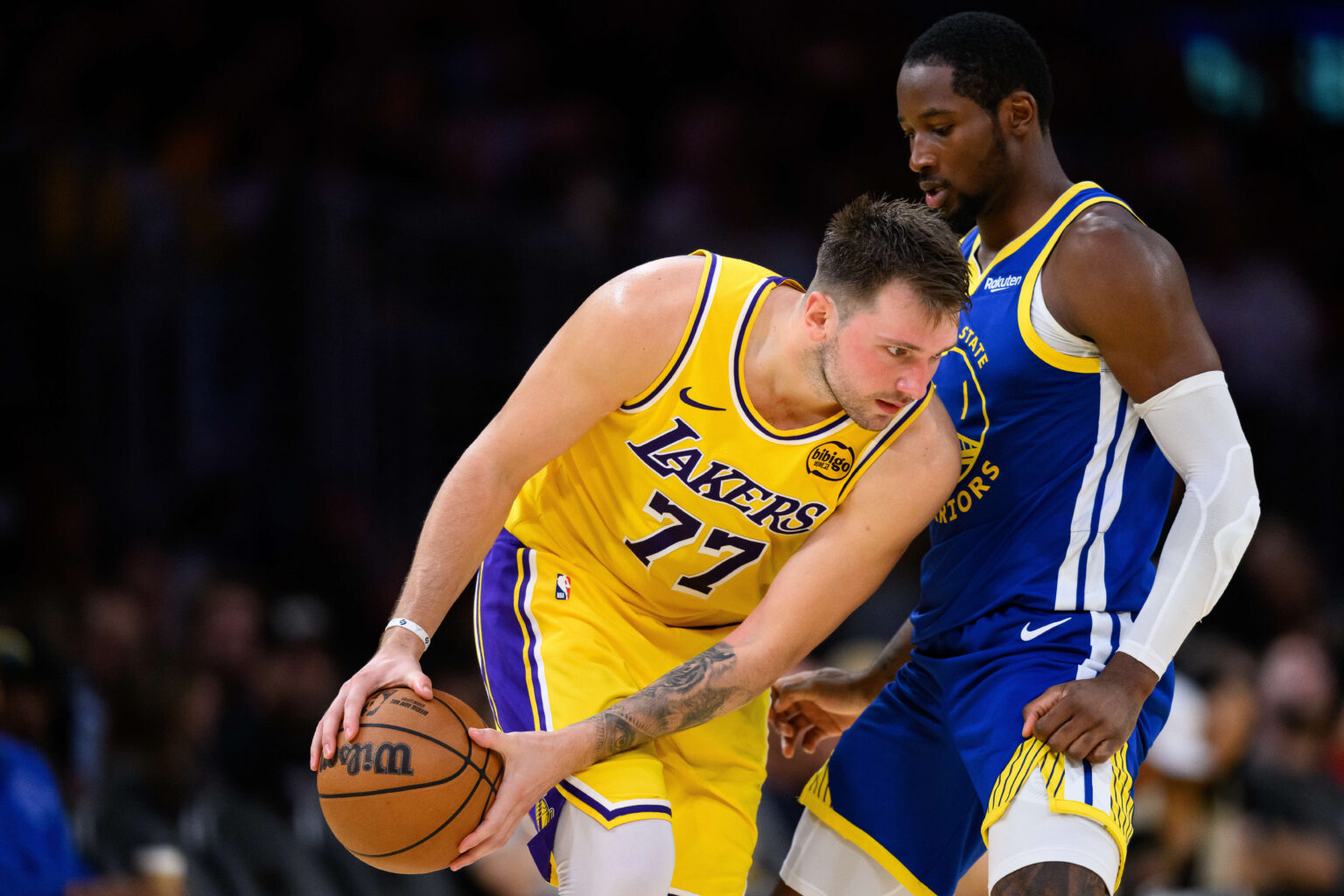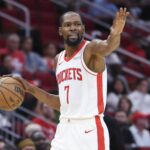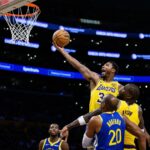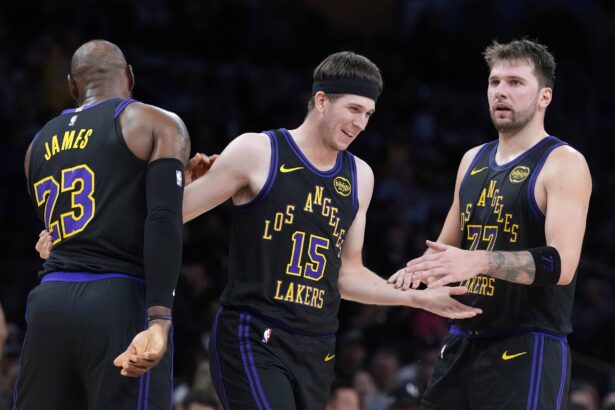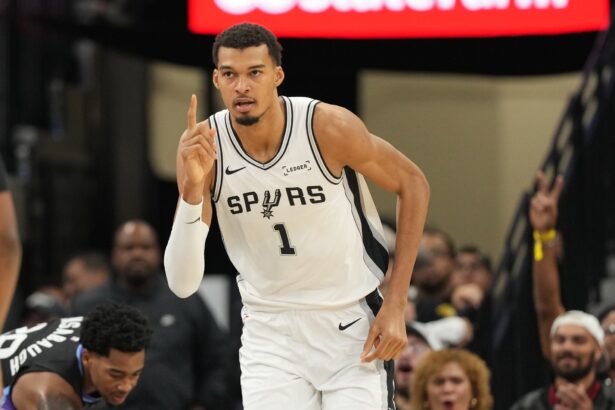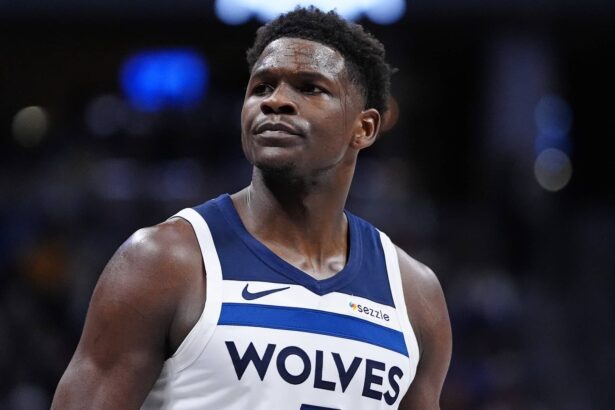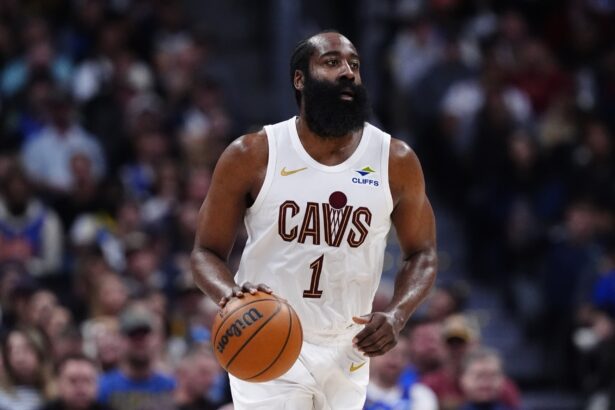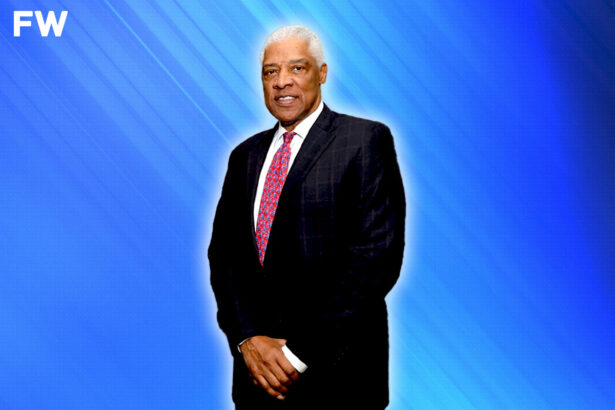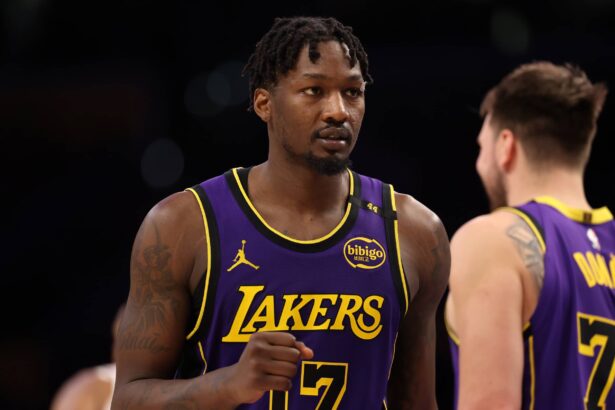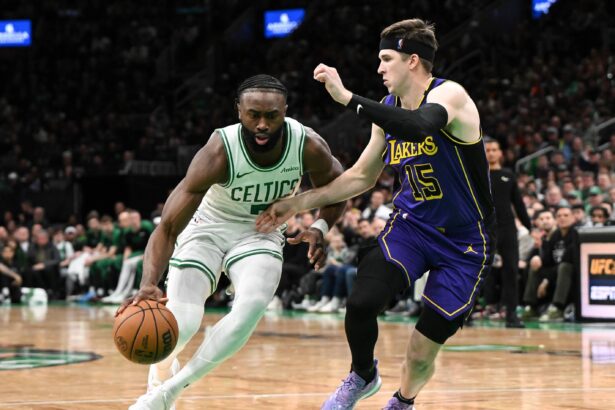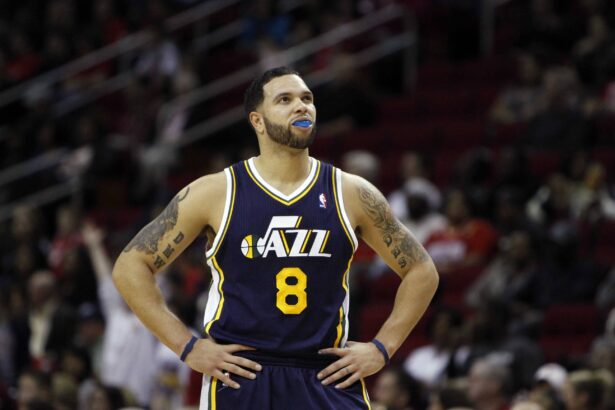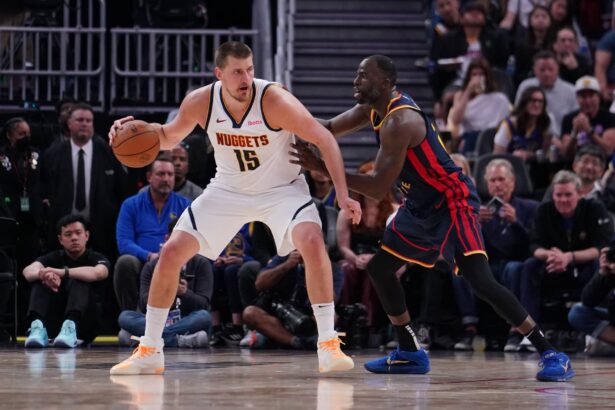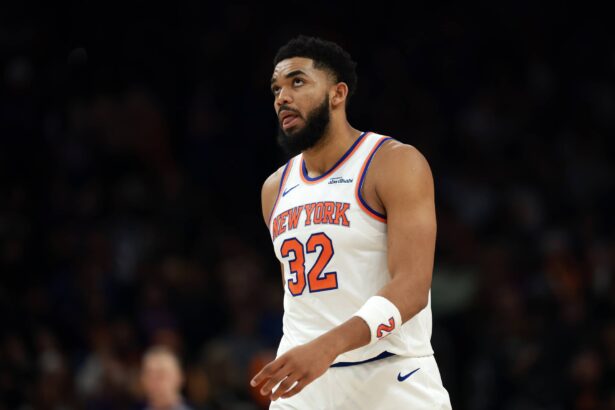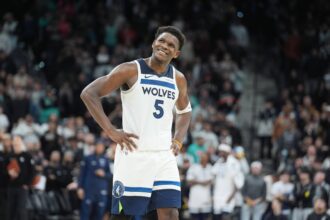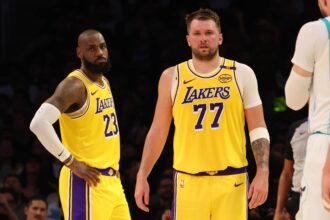The Los Angeles Lakers could not find a way to overcome the Golden State Warriors, losing 109-119, despite an outstanding performance from Luka Doncic. For the Lakers, Doncic’s near triple-double debut, 43 points, 12 rebounds, and 9 assists, wasn’t enough to overcome Golden State’s depth and composure. Jimmy Butler led the way with 31 points, including a perfect 16-for-16 from the free-throw line, while Stephen Curry added 23 points and sealed the game with a late three-pointer. Jonathan Kuminga chipped in 17 points as Golden State showcased a balanced attack and solid defense that contained the rest of the Lakers beyond Doncic’s heroics.
Los Angeles struggled offensively outside of Doncic, with only Austin Reaves (26 points) finding a rhythm late in the fourth quarter after battling foul trouble. The Lakers, playing without LeBron James for the first time in a season opener in his 23-year career due to sciatica, dropped their ninth opening-night game in the last ten years. The loss highlighted the team’s heavy reliance on Doncic’s individual brilliance, but there are six major reasons why they lost their opening game.
1. Depth Wasn’t There Tonight
The Lakers’ bench simply didn’t bring enough impact to complement the starters. Aside from Marcus Smart’s 9 points in 23 minutes, the reserves combined for just 18 total points, with multiple players failing to hit a single shot. Jaxson Hayes and Jarred Vanderbilt grabbed some boards, but there was little scoring punch or playmaking presence to relieve Luka Doncic or Austin Reaves.
In contrast, Golden State’s bench outperformed with consistent energy and production, maintaining leads even when the stars rested. The lack of depth meant the Lakers were outmatched whenever Doncic sat, and those stretches defined the game’s momentum.
Beyond the scoring gap, Los Angeles’ bench struggled to keep up defensively and in transition. The Warriors outscored the Lakers 13-6 in fast-break points, showing how their second unit pushed the pace while L.A.’s reserves lagged behind. The lack of cohesion among the bench players was also evident in the team’s 20 turnovers, many of which came from miscommunication and forced plays. Without reliable secondary scoring or consistent defensive effort from their bench, the Lakers had no chance to sustain runs or close gaps in the second half.
2. Warriors Were Better At Spreading The Wealth
Golden State displayed the kind of offensive balance that championship teams are built on. They finished with 29 assists on 38 made field goals, showing crisp ball movement and unselfish play. In contrast, the Lakers had just 23 assists despite shooting over 54 percent from the field, a sign of overreliance on individual creation, especially from Doncic.
Stephen Curry, Jimmy Butler, Jonathan Kuminga, and Buddy Hield all contributed as both scorers and facilitators, which kept the Lakers’ defense constantly rotating and unable to lock in on one threat. The Warriors’ offensive rhythm allowed them to control pace and spacing, highlighted by their 17 made threes compared to the Lakers’ 8.
Every player seemed to understand their role in the system: drive, kick, swing, and hit the open man. Meanwhile, the Lakers’ offense often stalled into isolation or late-clock plays for Doncic or Reaves. Golden State’s balance and passing produced more quality looks, while L.A.’s offense leaned too heavily on one-on-one brilliance.
3. Austin Reaves Wasn’t Effective
While Austin Reaves finished with 26 points, his impact was largely limited to the fourth quarter after a quiet and inefficient first three periods. He shot just 1-of-5 from three and committed five turnovers, struggling to find rhythm against Golden State’s defensive pressure. His foul trouble also limited his early aggression, allowing the Warriors’ backcourt to build a lead before he got going.
By the time Reaves found his touch, the Lakers were already chasing the game. Defensively, Reaves couldn’t contain Golden State’s guards on the perimeter. Curry, Buddy Hield, and Kuminga all took advantage of mismatches and screens to find open looks.
His -14 plus/minus reflects how the Lakers struggled whenever he was on the court early. Reaves’ scoring flurry in the final frame made the score respectable, but it came too late to influence the outcome. If Los Angeles wants to contend, they need Reaves to be effective for 48 minutes, not just in desperation time.
4. Lakers Relied On Luka Magic Too Much
Luka Doncic was sensational, scoring 43 points with 12 rebounds and 9 assists, but he was also forced to carry nearly the entire offensive load. The rest of the starting lineup combined for just 48 points, and no other Laker besides Reaves made more than five field goals. Doncic’s 27 shot attempts were more than double any teammate’s, showing how dependent the Lakers were on his creativity and scoring.
That imbalance made the offense predictable, allowing Golden State to focus defensive pressure on him late in the game. As brilliant as Doncic was, his 2-of-10 shooting from deep and seven missed free throws showed the toll of doing everything himself.
He had to initiate every possession, attack mismatches, and create open looks for teammates who often failed to convert. Without LeBron James to share playmaking duties, the Lakers’ offense stagnated into one-man basketball. Against a disciplined team like Golden State, relying solely on Luka’s heroics isn’t sustainable, especially when he’s surrounded by inconsistent shooters.
5. The Lack Of Three-Point Presence Hurts Them Again
The Lakers’ three-point shooting continues to be their Achilles’ heel. They shot just 8-of-32 from deep (25%), compared to Golden State’s 17-of-40 (42.5%). That 27-point swing from behind the arc was the difference in the game. Rui Hachimura and Austin Reaves struggled to connect from distance, while Gabe Vincent went just 1-of-4.
Even Luka Doncic, who carried the scoring load, was off from deep, hitting only two of his ten attempts. Without reliable spacing, the Warriors were able to pack the paint and limit easy interior looks for Ayton and Reaves. Meanwhile, Golden State’s perimeter attack was balanced and deadly.
Buddy Hield knocked down five threes, Curry added three, and Kuminga chipped in from beyond the arc. That floor spacing allowed the Warriors to dictate tempo and punish every Laker defensive lapse. Until Los Angeles can field consistent perimeter shooting, teams will continue to dare them to beat them from deep, and nights like this will keep repeating themselves.
6. A Poor Start Prevented An Inspired Comeback
The Lakers fell behind early and never fully recovered. Golden State built a 17-point lead at one point, capitalizing on sloppy turnovers and missed free throws from Los Angeles. The Lakers opened the game flat, turning it over seven times in the first quarter and giving up multiple fast-break buckets that energized the Warriors’ crowd. That early deficit forced Doncic and Reaves to expend massive energy just to keep the score respectable.
Even though the Lakers outscored Golden State in the paint 62-36, their perimeter inefficiency and slow start made it impossible to turn the tide. The Warriors’ veteran poise showed down the stretch, as Curry and Butler controlled the tempo once the Lakers tried to rally. By the fourth quarter, L.A. had used up too much energy catching up, while the Warriors calmly executed and hit clutch shots. A sharper start could have made this a closer game, but instead, the Lakers spent the night chasing which is a losing formula when they didn’t have LeBron available.

